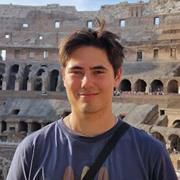Dr Adam Barrett
Deputy Director, Sussex Centre for Consciousness Science. Senior Lecturer in Machine Learning and Data Science (Informatics). School of Engineering and Informatics
Email: abb22@sussex.ac.uk
Meet our dedicated team of staff and students.
Deputy Director, Sussex Centre for Consciousness Science. Senior Lecturer in Machine Learning and Data Science (Informatics). School of Engineering and Informatics
Email: abb22@sussex.ac.uk
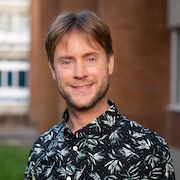
Deputy Director Sussex Centre for Consciousness Science. Senior Lecturer in Psychology, School of Psychology
Email: J.Bosten@sussex.ac.uk
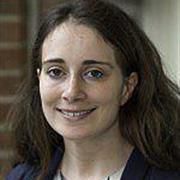
Deputy Director, Sussex Centre for Consciousness Science. Professor of Philosophy (Philosophy), Head of Department of Philosophy, School of Media, Arts and Humanities
Email: S.A.Sawyer@sussex.ac.uk

Director, Sussex Centre for Consciousness Science; Professor of Cognitive and Computational Neuroscience (Informatics)
Email: A.K.Seth@sussex.ac.uk
Read more about Anil (university profile) AnilSeth.com
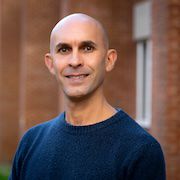
Deputy Director, Sussex Centre for Consciousness Science. Professor of Psychiatry (Clinical Neuroscience), Brighton and Sussex Medical School
Email: bsms9kkf@sussex.ac.uk

Lecturer in Psychological Methods (Reproducibility), School of Psychology
Email: R.Baykova@sussex.ac.uk
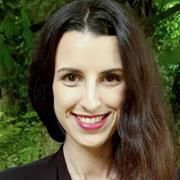
Professor of Neural Computation (Informatics) School of Engineering and Informatics
Email: C.L.Buckley@sussex.ac.uk

Professor of Cognitive Science and Artificial Intelligence (Informatics) School of Engineering and Informatics
Email: R.L.Chrisley@sussex.ac.uk

Email: Andy.Clark@sussex.ac.uk
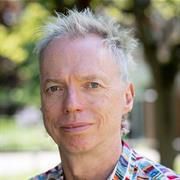
Chair in Psychiatry (Honorary Consultant) (Clinical Neuroscience) Brighton and Sussex Medical School
Email: H.D.Critchley@sussex.ac.uk
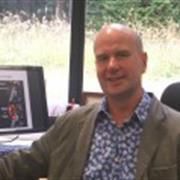
Professor in Experimental Psychology (Psychology), Martial Arts Instructor (Sussexsport) School of Psychology
Email: Z.Dienes@sussex.ac.uk

Reader in Psychology and Cognitive Neuro (Psychology) School of Psychology
Email: S.Forster@sussex.ac.uk

Reader in Digital Humanities (Media and Film) Head of Media and Cultural Studies
Email: B.Fazi@sussex.ac.uk

Professor of Visual Perception and Cognition (Psychology) School of Psychology
Email: Anna.Franklin@sussex.ac.uk

Lecturer in Psychology (Psychology) School of Psychology

Lecturer in Psychology (Psychology) School of Psychology
Email: D.Makowski@sussex.ac.uk
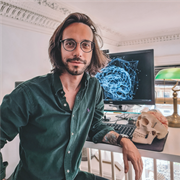
Senior Lecturer in Cognitive Neuroscience (Psychology) School of Psychology
Email: A.M.Morcom@sussex.ac.uk

Senior Lecturer in Psychology (Psychology) School of Psychology
Email: C.Rae@sussex.ac.uk
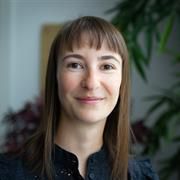
Lecturer in Computer Science and AI (Informatics) School of Engineering and Informatics
Email: F.Rosas@sussex.ac.uk

Senior Lecturer in Psychology and Informatics (Informatics), Senior Lecturer in Psychology and Informatics (Psychology) School of Engineering and Informatics
Email: W.J.Roseboom@sussex.ac.uk

Senior Lecturer in Psychology (Psychology) School of Psychology
Email: R.B.Scott@sussex.ac.uk

Professor of Psychology (Psychology) School of Psychology
Email: J.Simner@sussex.ac.uk

Lecturer in Computer Science & AI (Informatics) School of Engineering and Informatics
Email: m.sherman@sussex.ac.uk

Lecturer in Philosophy (Philosophy) School of Media, Arts and Humanities
Email: R.R.Waller@sussex.ac.uk

Professor of Cognitive Neuroscience (Psychology), Deputy Head of School (Psychology), Professor of Cognitive Neuroscience (Mental Health Practice Uni) School of Psychology
Email: jamiew@sussex.ac.uk

Lecturer in Philosophy (Philosophy) School of Media, Arts and Humanities
Email: dgw23@sussex.ac.uk
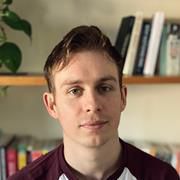
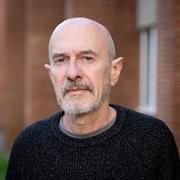

Research Assistant. Informatics, School of Engineering and Informatics
Email: lk344@sussex.ac.uk
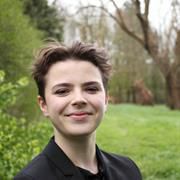
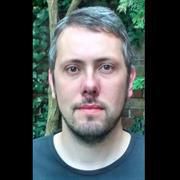
Research Fellow in Psychology (Psychology) School of Psychology
Email: I.Pennock@sussex.ac.uk
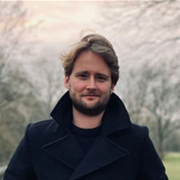
Postgraduate Researcher, Brighton and Sussex Medical School (BSMS)
Email: J.Rose1@uni.bsms.ac.uk


Research Fellow in Cognitive Neuroscience (Informatics)
Email: D.Schwartzman@sussex.ac.uk


PhD student. Informatics, School of Engineering and Informatics
Email: R.Beaut@sussex.ac.uk
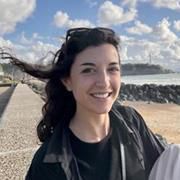


PhD student. Informatics, School of Engineering and Informatics
Email: T.Hewitt@sussex.ac.uk


PhD student. Informatics, School of Engineering and Informatics
Email D.Nacker@sussex.ac.uk

PhD student. Informatics, School of Engineering and Informatics
Email C.Osborn-Moar@sussex.ac.uk
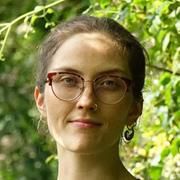
PhD student. Informatics, School of Engineering and Informatics
Email: N.Spychala@sussex.ac.uk

PhD student. Informatics, School of Engineering and Informatics
